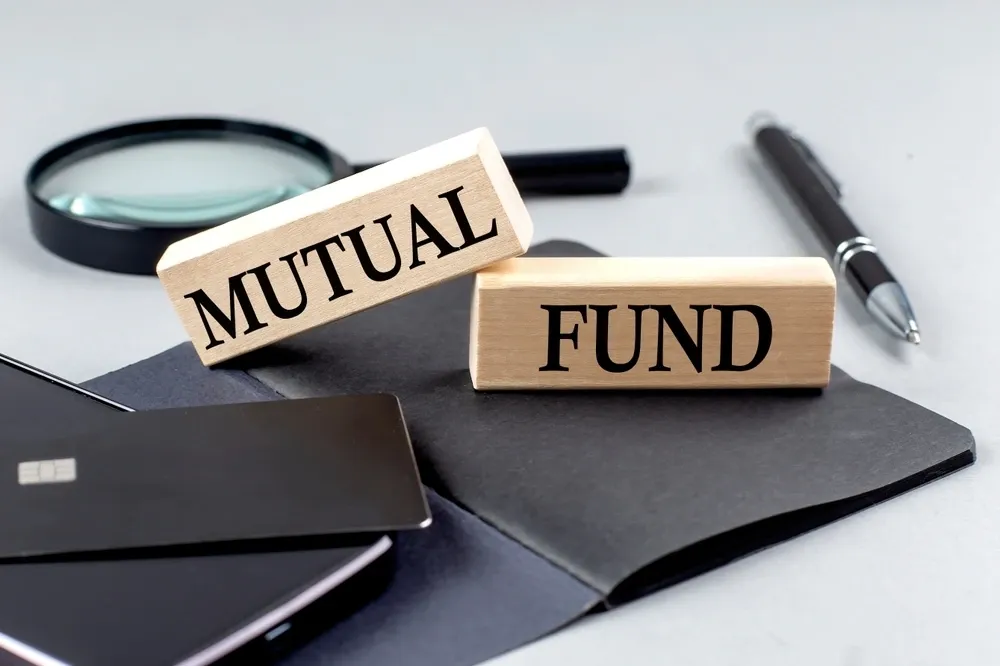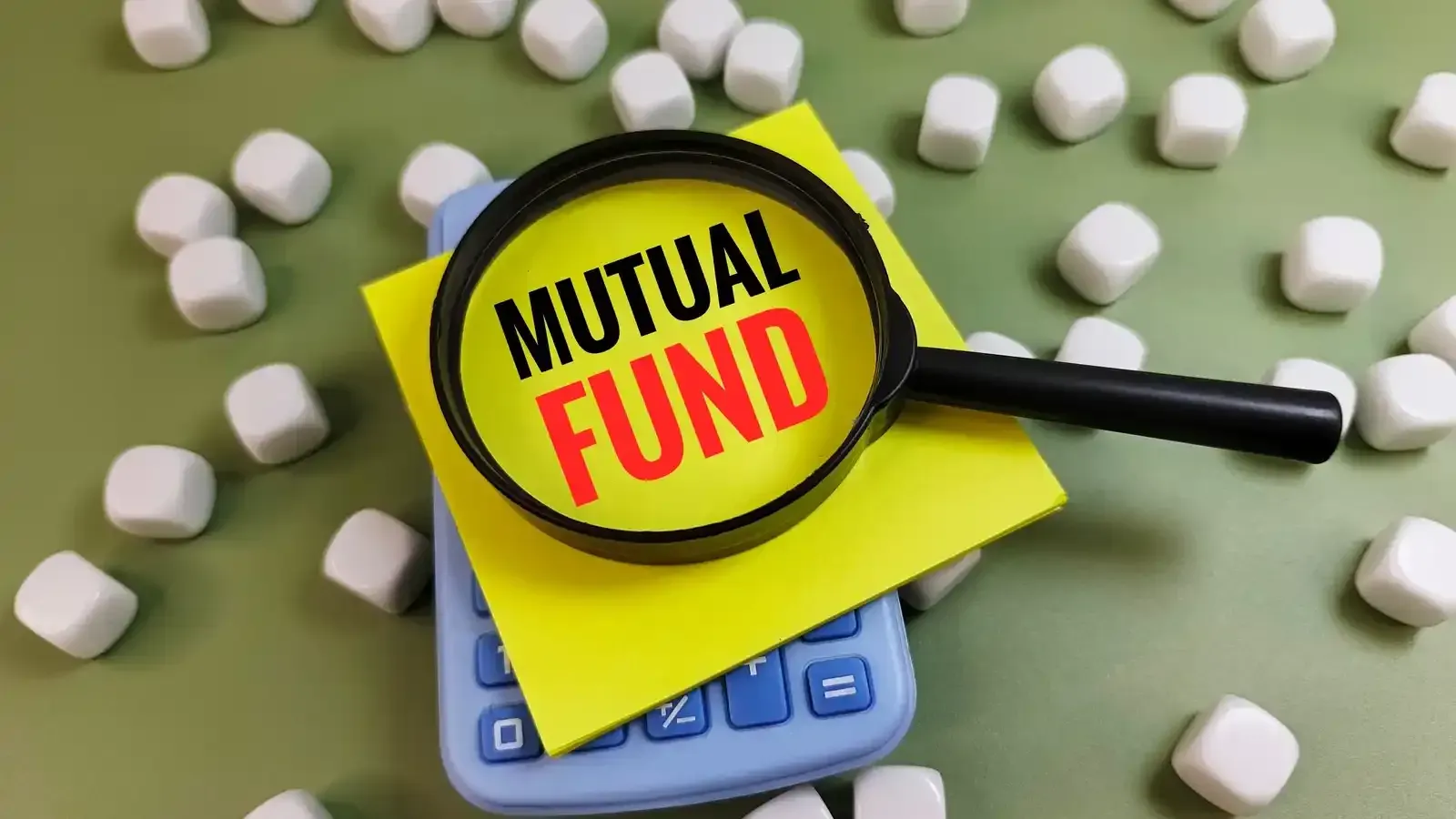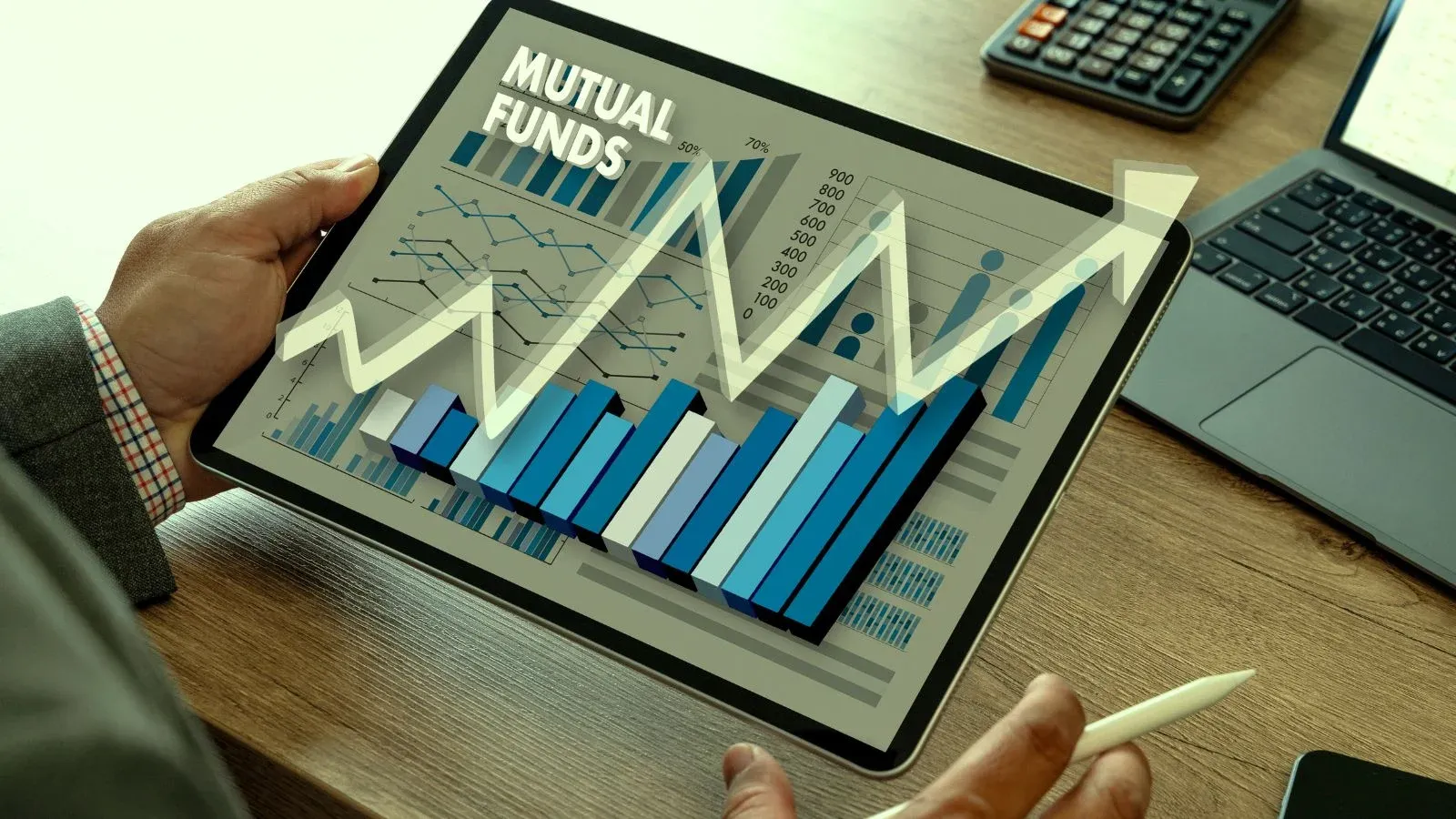How to invest in mutual funds
Written by Upstox Desk
Published on February 11, 2026 | 4 min read

Regardless of whether you’ve come across this guide before, it’d be safe to assume that you would have heard of mutual funds before. But what exactly are they? A mutual fund is a collection of bonds, stocks and other securities that are professionally managed by expert managers or asset management companies (AMC). After deductions, the resulting profit is given back to the investors in the form of capital appreciation or dividends. To put it simply, you can safely invest your money, knowing that an expert will be watching over it. The result? Great returns without you having to be too involved.
To get a better idea about Mutual Funds, check out:
Now let’s take a look at how to invest in mutual funds.
Key Points
- Once you choose a path, you will need to create an account with a fund house, and complete you KYC, or "Know Your Customer."
- You should also know that while some mutual funds are open-ended, others are close-ended.
Buying a Share in a Mutual Fund
When you buy a part in a mutual fund, its equivalent to having a stake in a small part of all the investments in the fund. It is a simple way to make a diversified investment. It is quite useful for an individual investor who doesn’t have the time to analyze multiple individual stocks in the market, or soak up knowledge on them, or for those just looking for diversifying their investments. In fact, purchasing a single investment will be like buying an entire portfolio of stocks.
To Go Solo or Not
Basically, there are two ways of going about investing in mutual funds. First, you can directly visit the website of the mutual fund you are interested in. This approach is known as “The Direct Plan of a Mutual Fund”. On the other hand, indirect method involves you choosing to hire a professional advisor for a nominal fee, who will take care of your dealings related to the investment.
In the direct case, if you do decide to do things on your own, you may have a lot on your plate. Extensive market research and related paperwork are likely to keep you busy. Moreover, you will have to continuously monitor your investment. On the contrary, in case of a mutual fund expert, you will have to pay commission, but your money will be more professionally managed with less supervision involved from your end.
Manage your portfolio
Once you choose a path, you will need to create an account with a brokerage house providing MF distribution services, and complete you KYC, or “Know Your Customer”. Next, it is essential to create a Mutual Fund portfolio, which will involve short listing schemes which have a history of good performances. Your portfolio should have a good balance of both low risk and high risk elements. It is important to keep in mind your risk profile, as well as your investment objectives in mind. Compare different mutual fund investment schemes, on the basis of their policies and past performances. Refer to the prospectus provided by the AMC, which will provide information related to the fund from a legal perspective, and help you gauge the consistency of returns on your investment.
You should also know that while some mutual funds are open-ended, others are close-ended. The former refers to a type of fund in which you can withdraw your investment at any point of time, while the latter refers to one which prohibits you from doing so. Close-ended funds have fixed maturities, and money can be withdrawn only when maturity is reached. Investments should hence be done accordingly. It is important to know, though, that even after making the investment, it is essential to keep a track, i.e. monitor your funds.
Mutual funds have a lot of benefits, the most important being diversification of investments. Investing in these funds helps establish a balanced portfolio, by including assets that are not directly related. Such assets may include a mixture of equity, debt, money market and sector specific funds. This will minimize risks and maximize profits.
Wrapping Up
- Mutual Funds are a plethora of assets that are collected and managed by AMCs.
- You can choose to carry out the investment on your own, or take the help of a mutual fund advisor.
- You should review the prospectus of the fund you are interested in, keeping in mind your financial objectives and the past performances of the fund.
- Even after investment, it is essential to constantly monitor your portfolio and keep track of the performance of the funds in it.
About Author
Upstox Desk
Upstox Desk
Team of expert writers dedicated to providing insightful and comprehensive coverage on stock markets, economic trends, commodities, business developments, and personal finance. With a passion for delivering valuable information, the team strives to keep readers informed about the latest trends and developments in the financial world.
Read more from UpstoxUpstox is a leading Indian financial services company that offers online trading and investment services in stocks, commodities, currencies, mutual funds, and more. Founded in 2009 and headquartered in Mumbai, Upstox is backed by prominent investors including Ratan Tata, Tiger Global, and Kalaari Capital. It operates under RKSV Securities and is registered with SEBI, NSE, BSE, and other regulatory bodies, ensuring secure and compliant trading experiences.

























